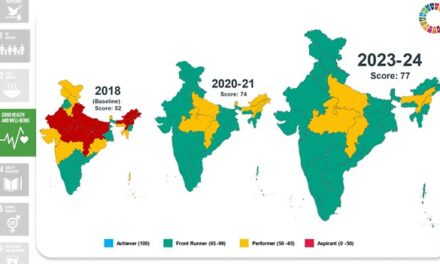New York, Mar 20: In a significant advancement for cardiovascular health, scientists have developed and tested a revolutionary diagnostic tool designed to provide affordable and accessible heart disease detection. The innovative device, unveiled today, promises to bring early detection capabilities to underserved communities globally.
Researchers assert that the newly developed tool can accurately identify early indicators of heart disease without the need for costly and complex laboratory procedures. This affordability is a cornerstone of the device’s design, aiming to bridge the healthcare gap in low-income and remote regions where access to advanced medical facilities is often limited.
Preliminary trials have yielded highly encouraging outcomes, with medical experts expressing optimism about the tool’s potential to transform heart disease screening. The ease of use and affordability are expected to facilitate widespread adoption, potentially leading to a substantial reduction in undiagnosed cases and enabling prompt treatment interventions.
“This is a game-changer,” stated a leading cardiologist involved in the trials. “The ability to detect early signs of heart disease in a cost-effective and accessible manner is crucial for preventing serious complications. This tool has the potential to save countless lives.”
The research team is currently focused on securing regulatory approvals and conducting further clinical validation studies before initiating mass production and distribution. If successful, this groundbreaking innovation could represent a major leap forward in providing affordable healthcare solutions for millions of individuals at risk of cardiovascular diseases.
The device is being designed to be portable and user-friendly, allowing for its deployment in diverse settings, including community health centers and remote clinics. This accessibility is vital for reaching populations that traditionally face barriers to healthcare services.
This development holds the promise of a future where early heart disease detection is no longer a privilege, but a readily available resource for all.
Disclaimer: While preliminary trials have shown promising results, this diagnostic tool is still undergoing clinical validation and regulatory approval. The information provided in this article should not be considered medical advice. Consult with a qualified healthcare professional for any health concerns or before making any decisions related to your health or treatment.1












